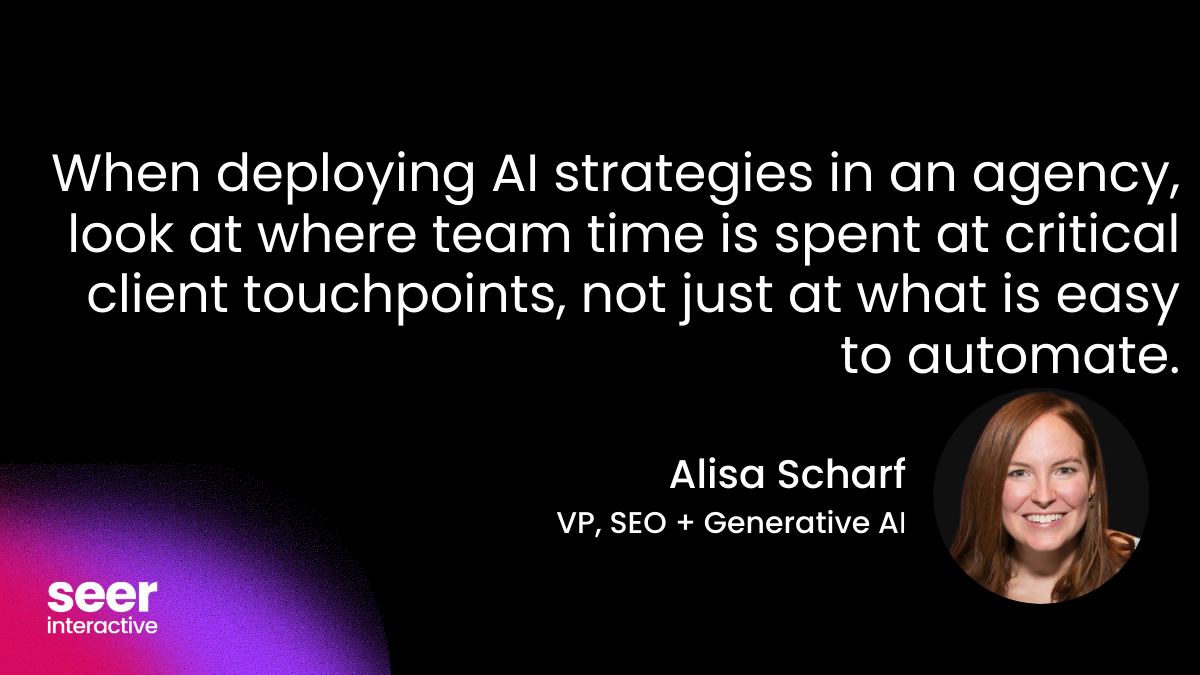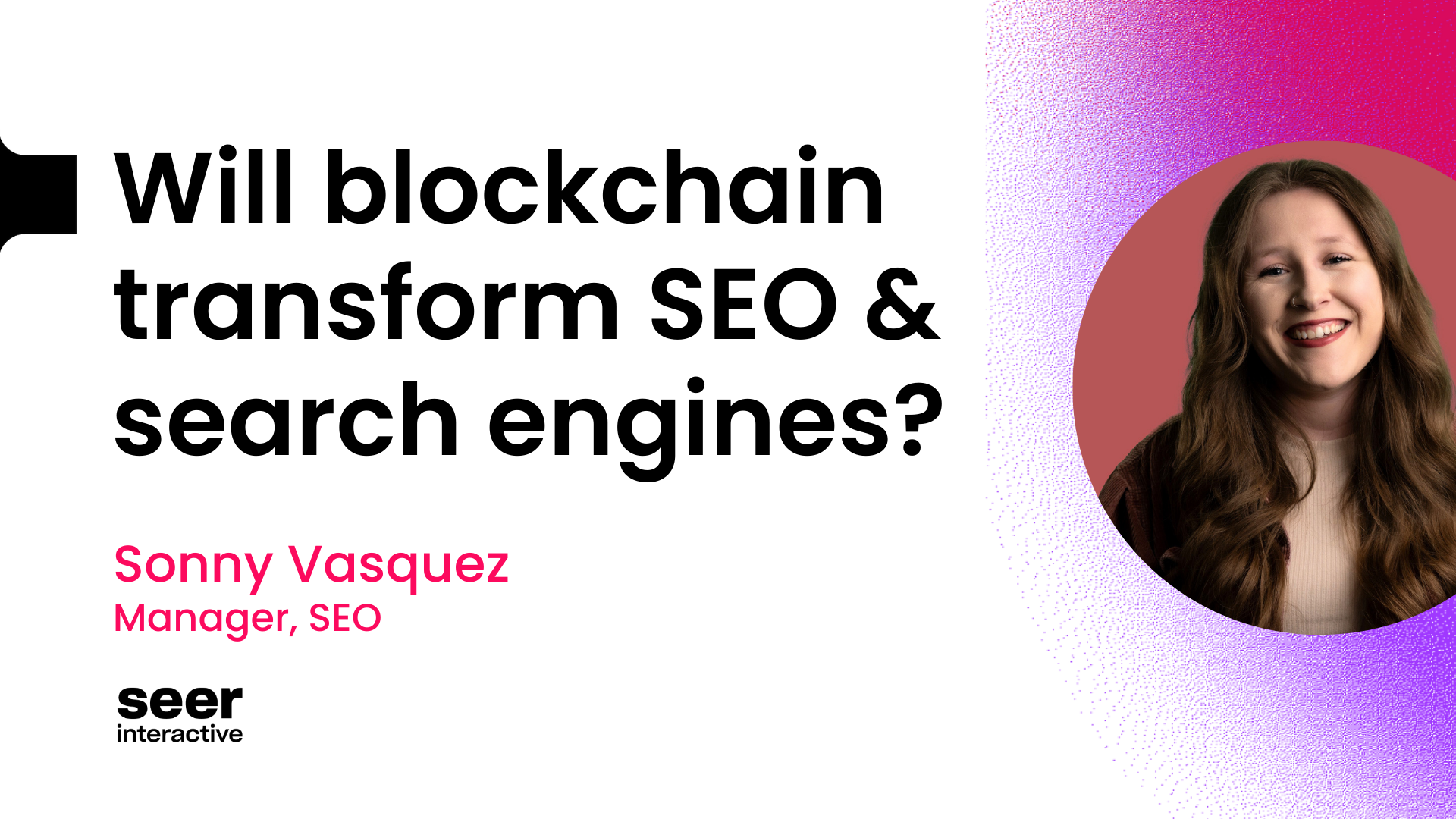Public Relations and SEO Are Completely Different ... Right?
Not Quite.
Public relations, SEO and PPC are all major players in the arsenal of a modern-day marketer. But, like all other elements of the marketing mix, these verticals should not be siloed in the overall strategy and, instead, must work in tandem.
You might be asking yourself, “Aren’t public relations and SEO completely different? Isn’t PR a traditional tactic, while SEO is strictly digital?”
For many years, that was the assumption. The two entities worked alongside each other, but never truly with each other. As the digital landscape continues to permeate and influence our everyday lives, marketers have finally found the intersection of PR and SEO.
Here are some ways that your current PR skills could help lead you down a digital marketing career path:
Subject Lines = Title Tags
In PR, subject lines make-or-break-it for a good pitch. A great subject line is concise, immediately grabs the attention of a reporter and makes them want to open up your email to see what story you have to offer.
In SEO, the same rules apply to title tags. They are a crucial aspect of what Google uses to determine the content of a webpage in relation to a search query. Not only that, but like subject lines, title tags grab the attention of a user and give them a taste of what information can be found by clicking through.
Content is King, No Matter What
Whether you’re writing a killer byline to contribute to a national publication, or developing an educational blog post based on a high volume of user searches, content is king, and that conviction pervades every marketing tactic in the book these days. And if you’re in PR, you definitely have grammatical gifts and proofreading power. That skill is necessary and valuable, pretty much, anywhere.
Pitching, Outreach, Tomato, Tomato
I’m hoping you read tomato in two different ways. Regardless, here’s my point: PR practitioners call it pitching, whereas SEOs call it outreach. But guess what… it’s the same thing. If you have a talent for creating mutually beneficial relationships with reporters and generating relevant stories for the right audiences, it’ll be the gift that keeps on giving if and when you make the move to digital marketing.
Digital Marketers Use Media Lists Too
As the saying goes, where there’s a great pitch, there’s a beautiful media list behind it. The same rule applies to outreach in SEO. Having a firm understanding of the ever-changing beats and topics of bloggers, influencers and reporters are crucial to both verticals.
So How Can You Make the Move to SEO?
Here are some ways to begin your journey down a digital marketing career path:
Network, Network, Network
My journey started out at Temple University, where I studied strategic communication with a focus in public relations. While there, I held various leadership positions within the Public Relations Student Society of America (PRSSA), which introduced me to a vast network of professionals in all verticals of communications and marketing.
To begin immersing yourself into the digital marketing world, find organizations and events in your area that will expose you to the right people.
Connect the Dots
Following graduation, I worked in public relations for two years, telling the stories of clients in various industries including emerging technology enterprises, professional and financial services, and non-profit. During those two years, I learned how to form meaningful relationships with reporters, bloggers and influencers; I developed an ability to create relevant and actionable content on behalf of my clients; and I began to understand the impact that words can have on an individual from a marketing perspective.
I began to connect my experiences in PR to the job descriptions I saw on sites for SEO-focused positions. Because there is a great deal of overlap, realizing the skills that you already have that translate will help you when it comes to submitting cover letters and interviewing.
Be Open to Learning
Making the switch to digital marketing was certainly a challenge, but I felt that, for me, it was a natural progression. Having only joined Seer in March of 2017, I am still learning new concepts and tactics every single day in order to become a proficient SEO and overall marketer. You should know going into it that it's not going to be an overnight process.
There is definitely going to be a learning curve, but do as much preliminary research that you can to boost your SEO knowledge. To do so, you can read industry resources like Moz's Beginners Guide to SEO, Moz's blog, and our very own Seer blog. It also pays to become certified in Google Analytics.
You’re In Good Company
And it’s not just me! There’s plenty of Seer employees who have made the lateral move from communications to digital marketing, and are loving every minute of it. Here’s what they have to say:
Celina Levin
SEO Associate
"In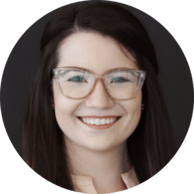 college I majored in Strategic Communications with an emphasis in PR and had a variety of PR internships. After college I ended up in an SEO company conducting outreach and monitoring the press for our clients.
college I majored in Strategic Communications with an emphasis in PR and had a variety of PR internships. After college I ended up in an SEO company conducting outreach and monitoring the press for our clients.
My experience communicating with reporters and writers in college provided me with clearer guidance when reaching out on behalf of a client even today. Back in college, I was taught that PR was about storytelling and explaining a narrative, which is an idea that I have continued to hold on to when performing outreach or working on content ideation now."
Marianna Morris
SEO Account Manager
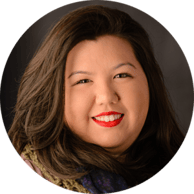 I’m an SEO Manager and began working at Seer for 3 years ago, after graduating Temple University with a degree in Strategic Communications and a concentration in Public Relations. The majority of my PR experience came from participating in internships and student organizations like Temple’s student-run PR agency, PRowl, and PRSSA while I was in college. My school really encouraged the importance of getting first hand experience and balancing that with coursework to get a more well-rounded education on PR.
I’m an SEO Manager and began working at Seer for 3 years ago, after graduating Temple University with a degree in Strategic Communications and a concentration in Public Relations. The majority of my PR experience came from participating in internships and student organizations like Temple’s student-run PR agency, PRowl, and PRSSA while I was in college. My school really encouraged the importance of getting first hand experience and balancing that with coursework to get a more well-rounded education on PR.
I held internships at a nonprofit museum, a children's hospital and a marketing agency, in order to get my arms around what was really out there. Ultimately, I decided I liked the agency side (much to my surprise!) but wanted to get into a field where I could better measure the success of all the effort and work I was putting in, which I found to be difficult at that time in the PR experience I had, which ultimately drove me to pursue digital marketing.
I would say that it's not the work itself that prepared me most for transitioning from PR to SEO. Rather, it's the mindset of PR and SEO both being a type of earned media, which requires a level of hustle and determination to get the results you want and need. Being in PR and having to meet deadlines, talk to clients, talk to reporters, pitch story ideas, etc. and do that on a constant basis was a great primer to having the communication skills necessary to work at a hands-on, fast-paced agency like Seer. I think PR also prepares you to really think on your feet and flourish in chaos a bit, which is helpful when you're handling really complex projects or juggling several priorities.
Samantha Gower
Sr. SEO Associate
I g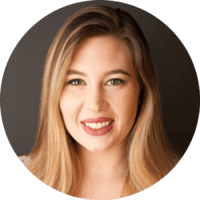 raduated from Temple University in 2013 majoring in Communications with a focus in Strategic Communications. While at Temple, I was Director of Temple's student run PR firm, PRowl Public Relations.
raduated from Temple University in 2013 majoring in Communications with a focus in Strategic Communications. While at Temple, I was Director of Temple's student run PR firm, PRowl Public Relations.
My past life in PR taught me that whether it be a press release or personal message, you need to address the question, "so what?". To do this, research is key. Here at Seer, we don't do template or bulk messaging. Each message is crafted for the individual by referencing past articles an author has written or, how this piece of content we're pitching will impact the audience on the site. This is all done through audience and keyword research before we pitch them. This enables us to even know if it's worth pitching and taking someone's time.
One of the reasons why I'm attracted to SEO is the ability to track user interaction with content pitched and revenue that can be made from relationship building or outreach. With analytics such as Google Analytics, you can see referral link data which can include the number of users who came to a client's sites via the content pitched and if the user converted or are being influenced by our content.
Connie Redfield
PPC Associate
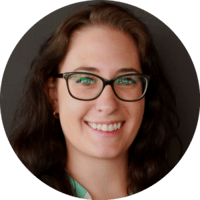
“I spent 2 years as the Public Relations Director of the University of Colorado’s Program Council. This job was my first foray into marketing, and it was actually something I fell into almost by accident.
During this time I did everything from write press releases to manage our social media postings. I handled all of the press coverage for our large shows, including Macklemore & Ryan Lewis, Aziz Ansari and Robin Williams.
Although I ended up on the PPC side of things, the copywriting apple doesn't fall far from the tree. After all, a Tweet is a slightly longer version of a PPC ad!”
Maggie Cerciello
Sr. SEO Associate
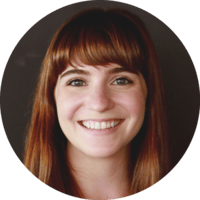 I studied public relations at the University of North Carolina at Chapel Hill. Throughout my studies and experiences working in PR, I learned about adapting communication to the organization’s brand voice and ensuring all content is “on-brand”. The same concept is just as important in SEO as it is in PR.
I studied public relations at the University of North Carolina at Chapel Hill. Throughout my studies and experiences working in PR, I learned about adapting communication to the organization’s brand voice and ensuring all content is “on-brand”. The same concept is just as important in SEO as it is in PR.
When optimizing a site, content that aligns with the brand’s identity will see the most success in driving quality traffic and conversions. Optimizing for a keyword that is not in line with the brand may still drive traffic, but may miss the mark in terms of bringing in the appropriate target audience and nurturing a qualified lead.
Evan Cohen
SEO Associate
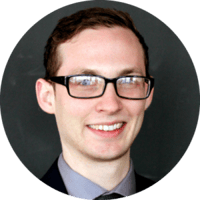 I studied Media Business & Entrepreneurship at Temple University with my focus being on the television industry. My program offered courses in advertising, communications, and multimedia theory, with the purpose being to create graduates who were well versed in running and operating enterprises that created or distributed media content.
I studied Media Business & Entrepreneurship at Temple University with my focus being on the television industry. My program offered courses in advertising, communications, and multimedia theory, with the purpose being to create graduates who were well versed in running and operating enterprises that created or distributed media content.
Working at Seer has definitely been a bit of a paradigm shift but some of my biggest takeaways from college have stuck with me, and fundamentally defined the way in which I work here. Effective client communication and a team approach to solving problems were a big part of my program at Temple and I use those skills every day to provide the best possible solutions for our clients needs.

